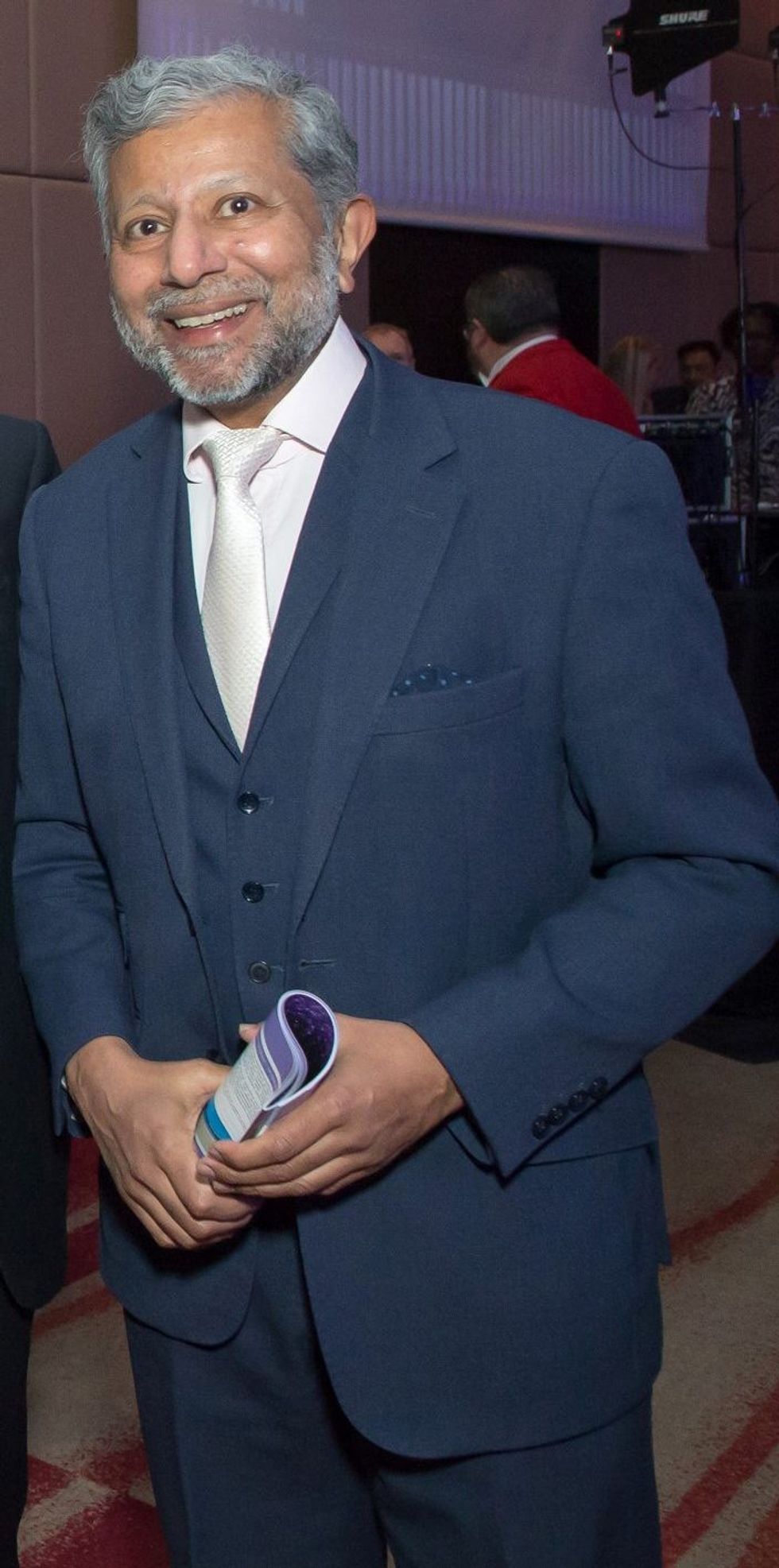BARRISTERS who do criminal legal aid work in court were designated “front-line workers” during Covid lockdown periods. Like doctors and nurses who helped to ensure the NHS continued to function, legal aid lawyers ensured our justice system continued to function.
These are not the “fat cat” lawyers of the civil and commercial courts. These are barristers whose average take home earnings after expenses are £12,200 in their first three years of work, rising to an average of £47,000. Their earnings have dropped (in real money) by just under a third in the past 20 years. These are lawyers who work in the Magistrates’ and the Crown Courts, many representing defendants charged with the most serious offences that make the front pages of our papers every day. About a quarter of legal aid lawyers work more than 60-hour per week.
It is not surprising that many in the profession are leaving. One quarter of specialist criminal barristers have left in the past five years. And a recent survey found that 25 per cent of those remaining intend to leave. This is not just bad for the profession, but is potentially disastrous for the criminal justice system. About 100 trials a month are abandoned because of a shortage of barristers for the prosecution or for the defence. This figure is likely to rise as more leave the criminal Bar. There was a time when the brightest and best graduates opted to become criminal lawyers, despite the lack of income. It was a badge of honour that they earned a fraction of their colleagues at the commercial Bar.
The quality of advocacy, particularly among senior lawyers, is famed internationally. Judges and lawyers in other countries look in admiration at the independence and fearless advocacy of top criminal barristers. All of this is in jeopardy as young talent is refusing to enter the profession and the most senior lawyers are leaving.

The situation is not helped by the constant attacks from the government. At the last Conservative Party conference, home secretary Priti Patel attacked “lefty lawyers” and human rights “do-gooders”. The Lord Chief Justice had to defend legal aid and immigration lawyers from the incessant attacks. Last year, prime minister Boris Johnson attacked “left wing lawyers” for acting against the public interest, simply because they were doing their job of challenging unlawful actions of the state. But for such lawyers, huge injustices in the immigration system would not have been addressed.
A few days ago, when unveiling plans to outsource parts of our immigration system to Rwanda, the prime minister took a swipe at “a formidable army of politically motivated lawyers” who were simply doing their jobs. If the government acted lawfully all the time, there would be no need for legal challenges to their actions. These constant and deliberate attacks help to erode the rule of law, which is a cornerstone of our democracy.
The action that criminal barristers commenced this month is not even a strike – it is simply an “action” or a “work to rule”. If a barrister has two court hearings in one day, they will usually “return” the less complex or less serious of the two cases to a colleague. This was always a matter of professional courtesy to the court and to the criminal justice system, even though it was often a loss-leader for the advocate accepting the “return”. Now, no barrister will accept the “return” brief. The action enjoys private support from most judges. It was voted for by a near-unanimous 94 per cent of specialist criminal barristers – a surprisingly high proportion in the history of “strikes” by workers.
The action is bound to increase the backlog in the system which already had a 60,000 case backlog, most of which dates to pre-Covid times. It will not grind the system to a halt and almost all trials will continue as normal. It is the gentlest of actions by a profession that cannot form a trade union. It is taken more in sorrow than anger. It almost certainly will not yield immediate results. It will not stop the politically motivated attacks on the profession. But it is designed to send a message from a profession that rarely stands up for itself, even though it robustly protects the rights of its lay clients. We will not put up with this any more.
Sailesh Mehta is a barrister who has practiced in criminal legal aid cases for 30 years.




Why are barristers on ‘strike’?